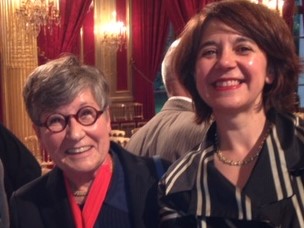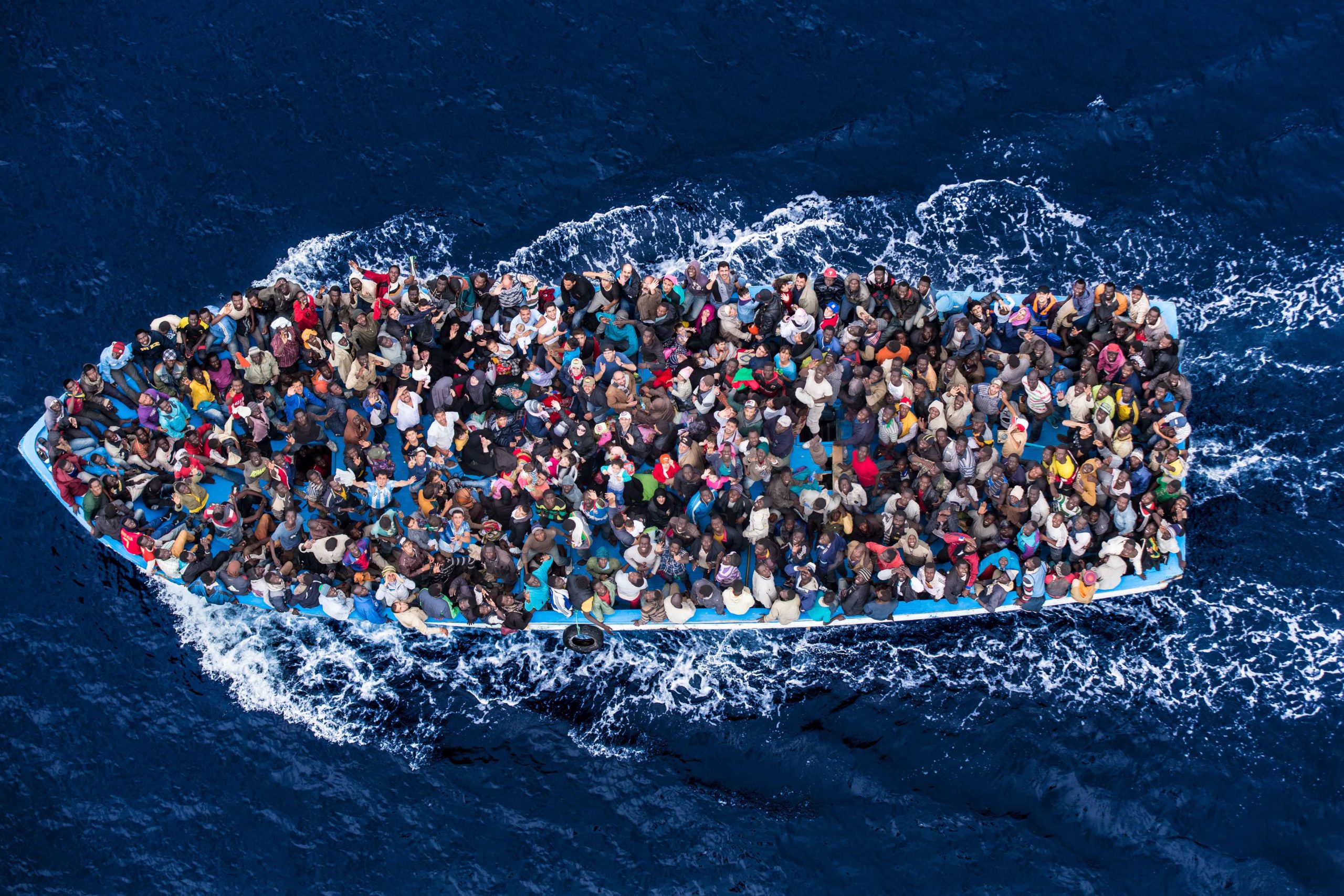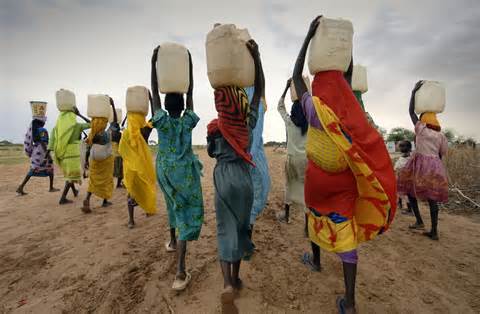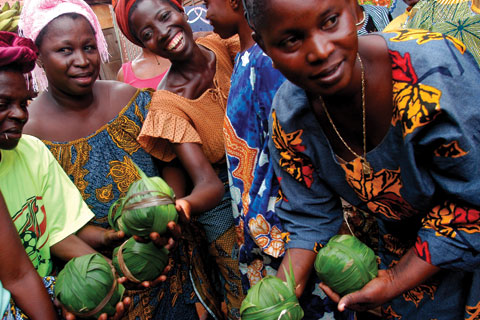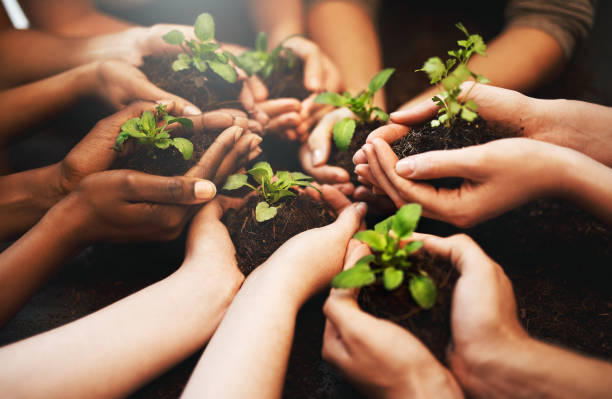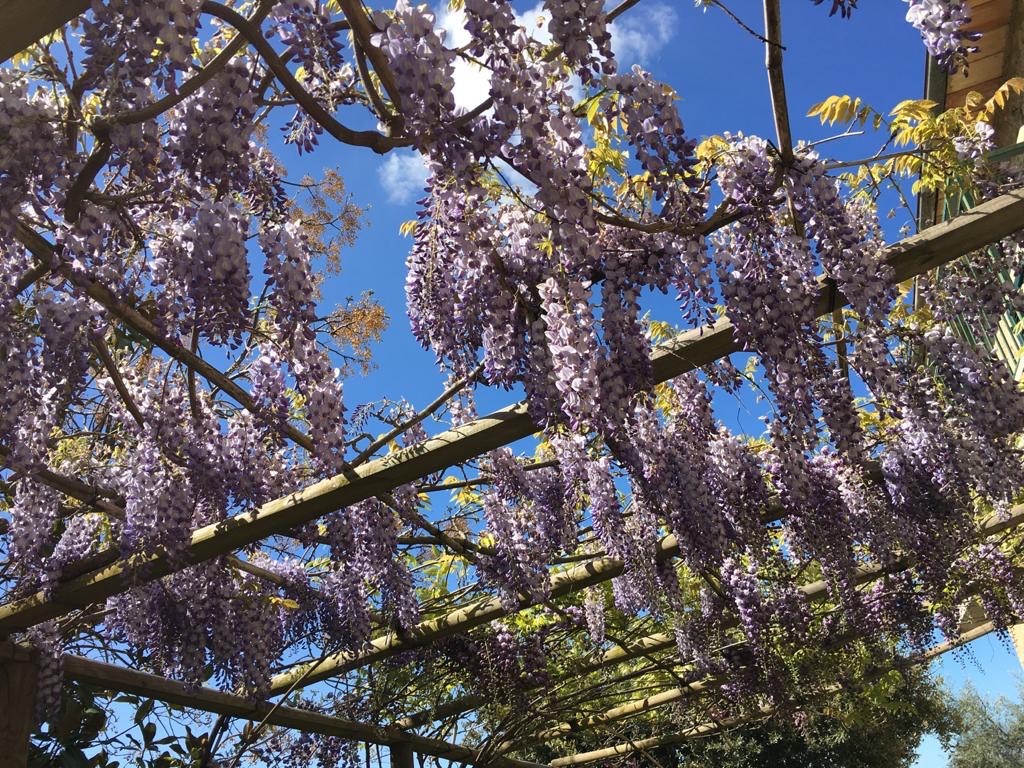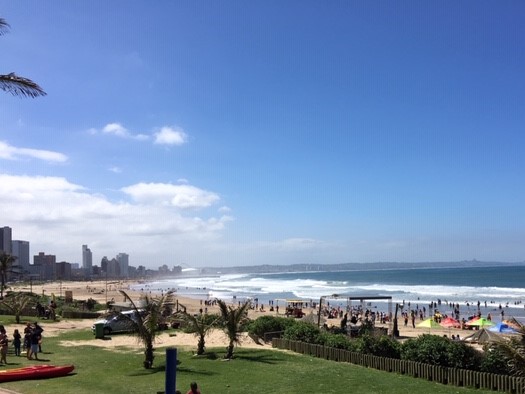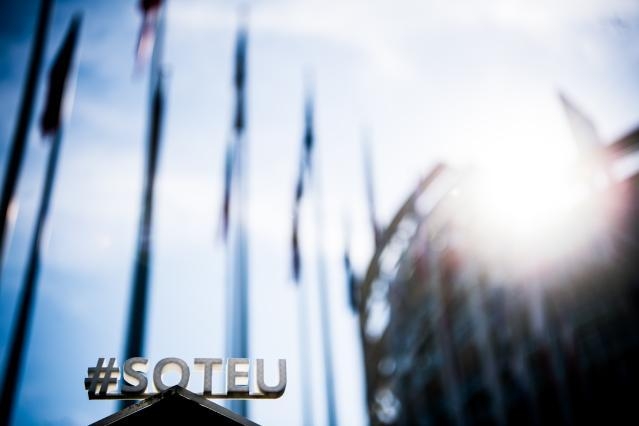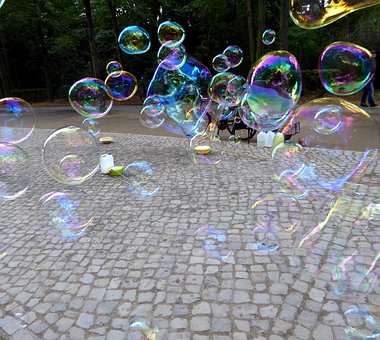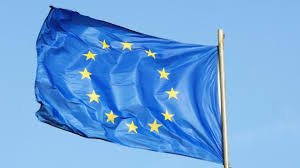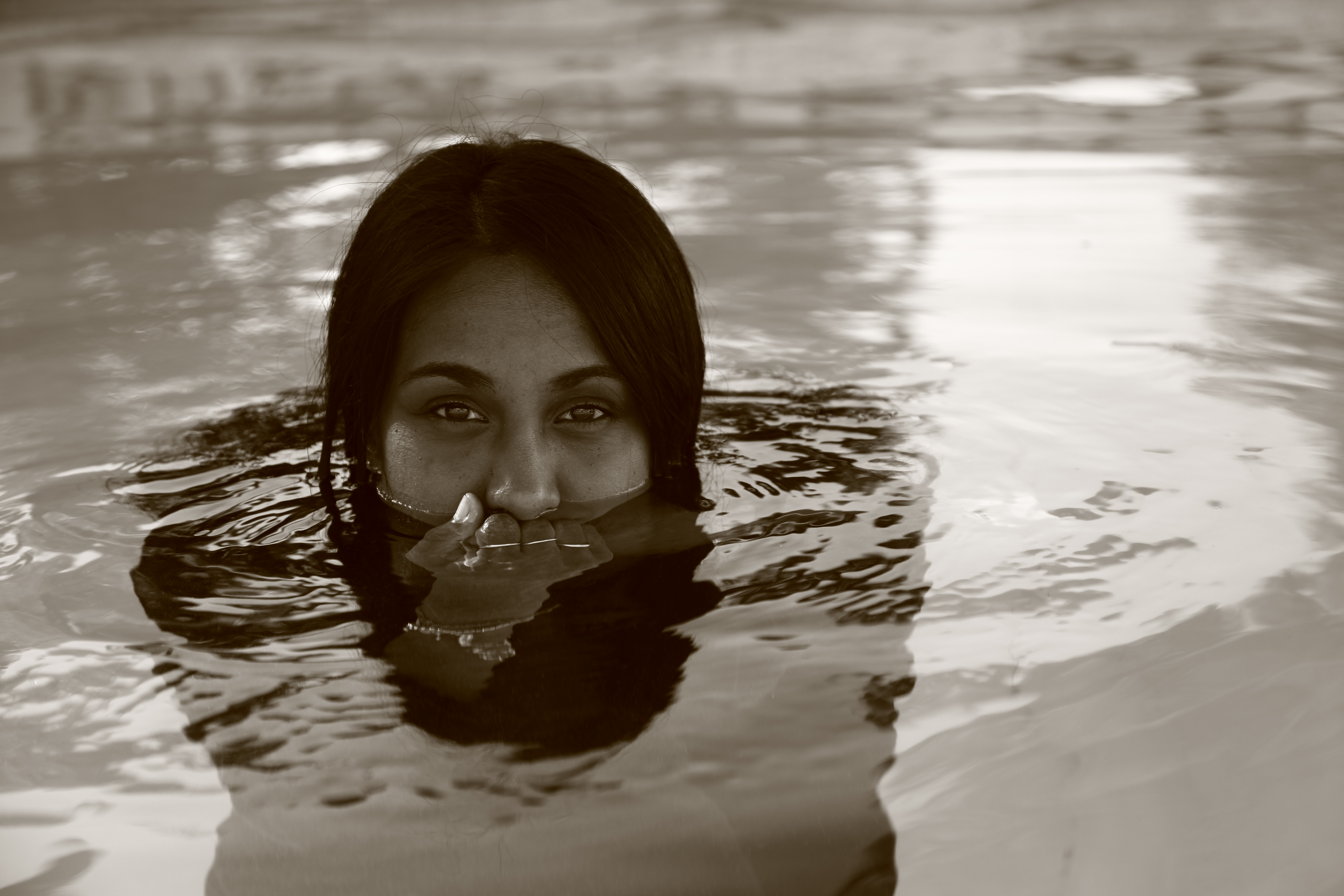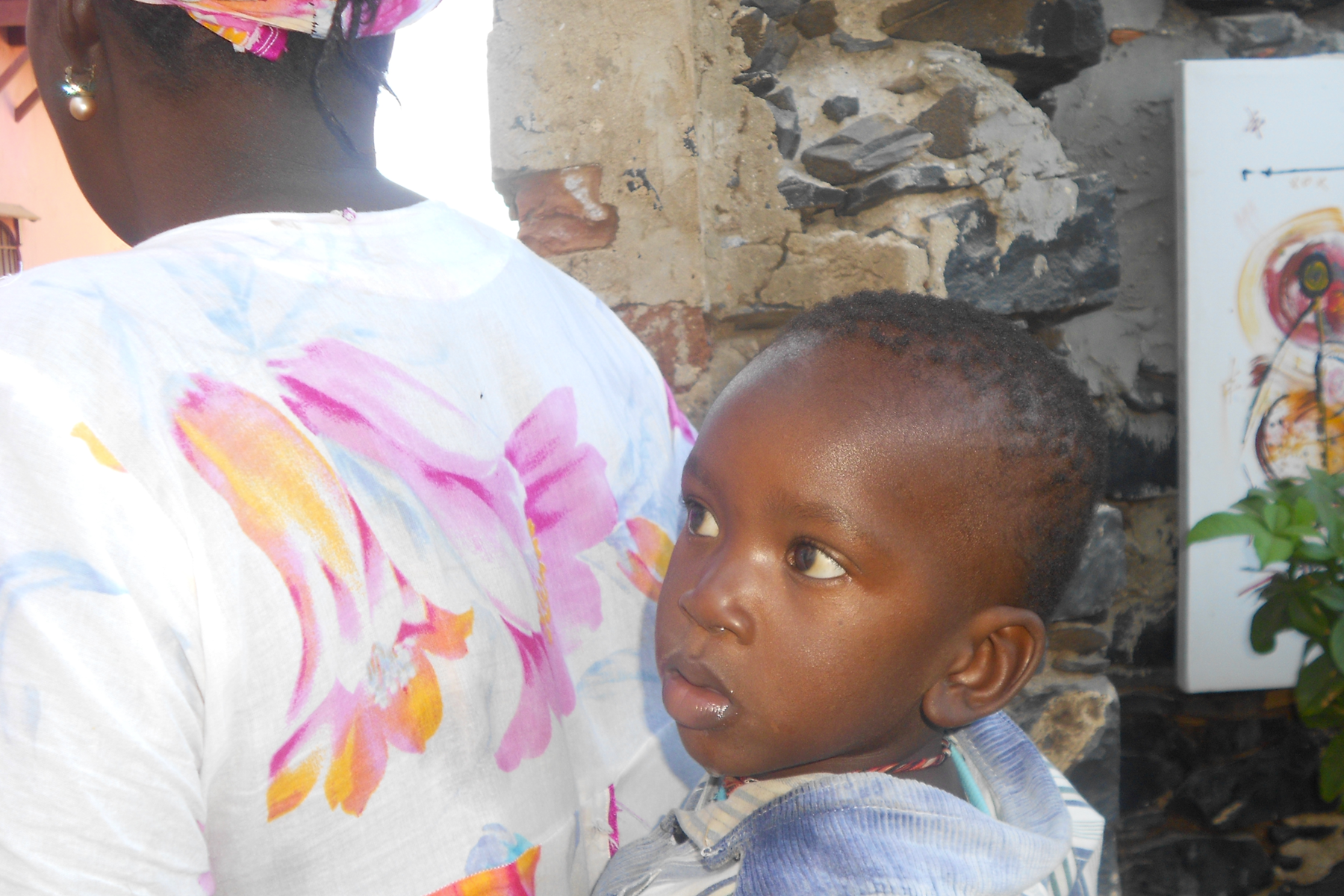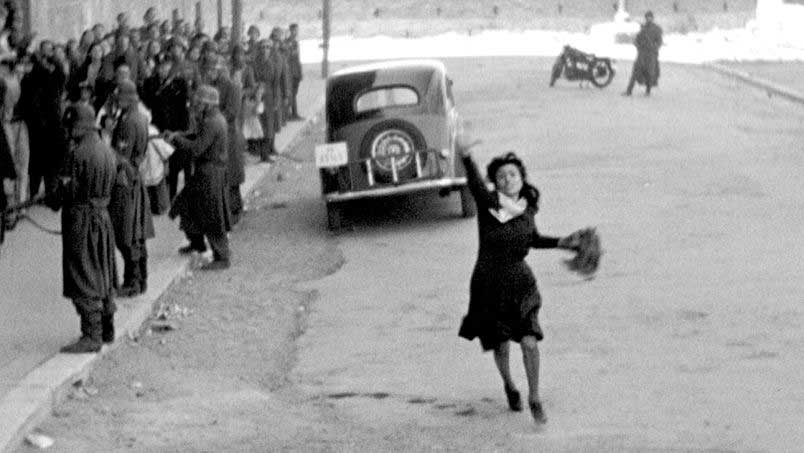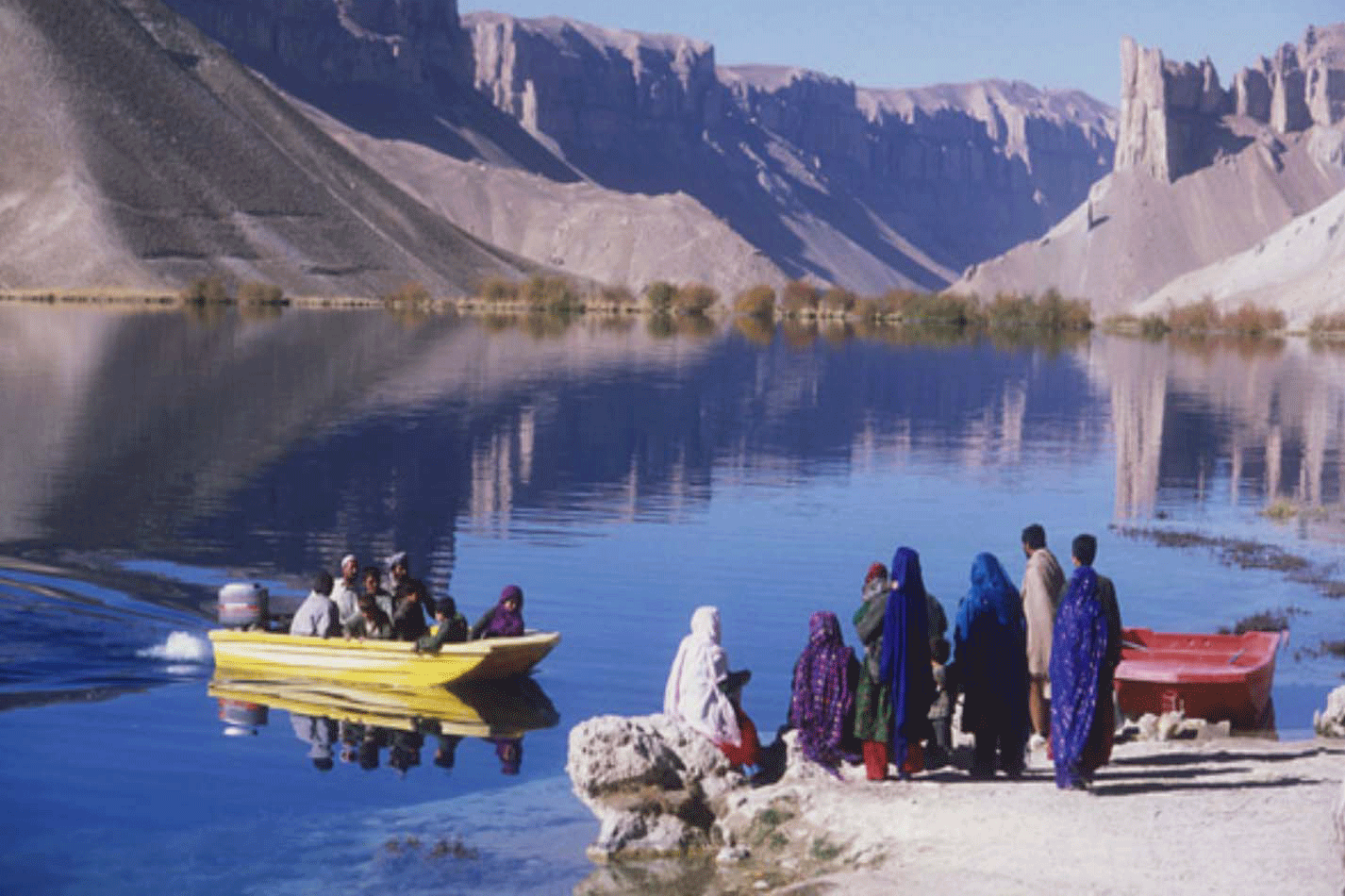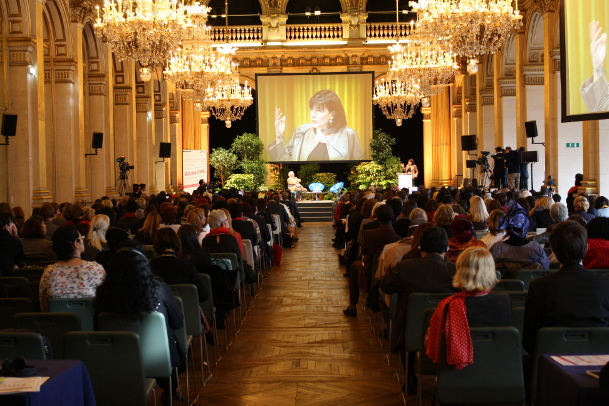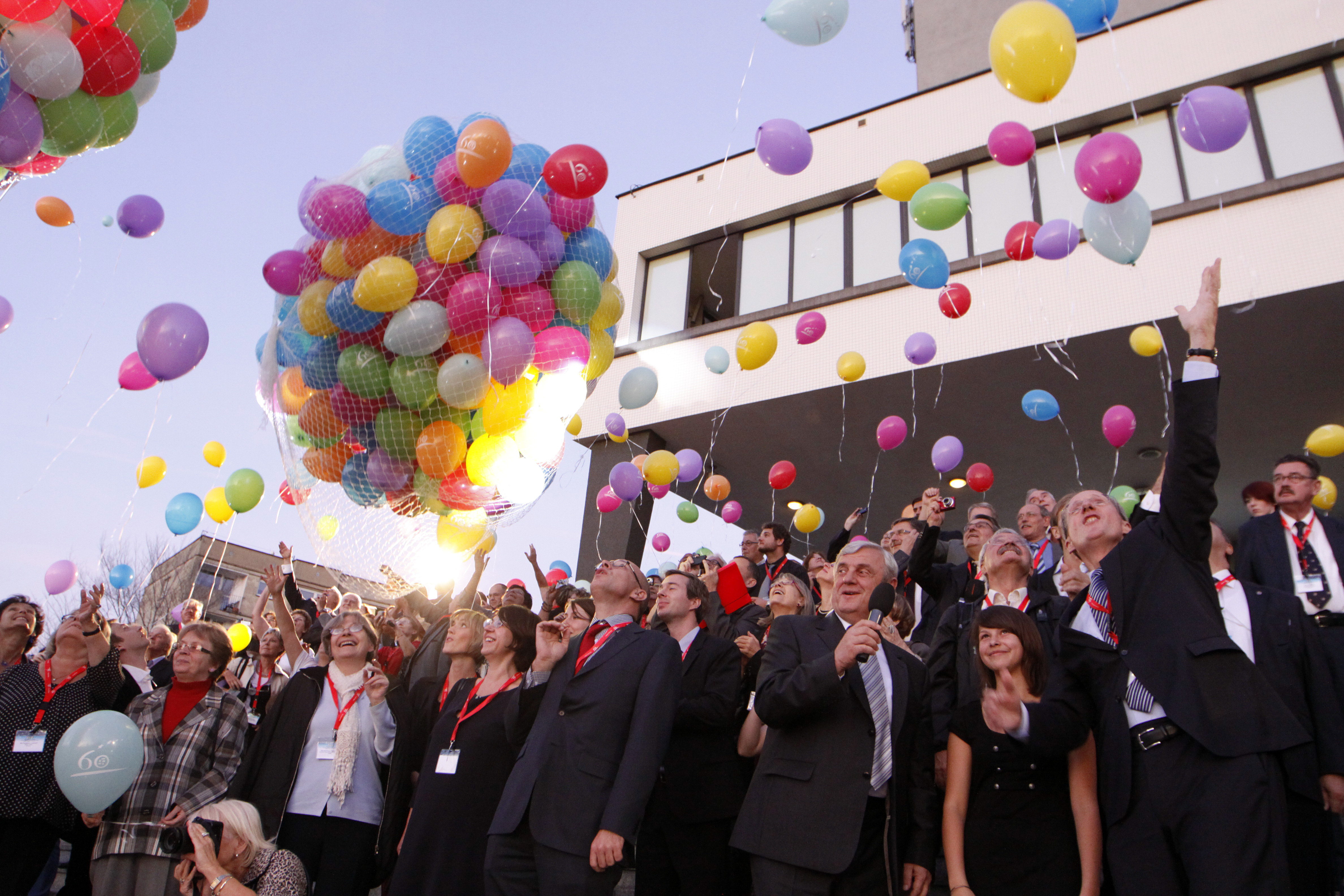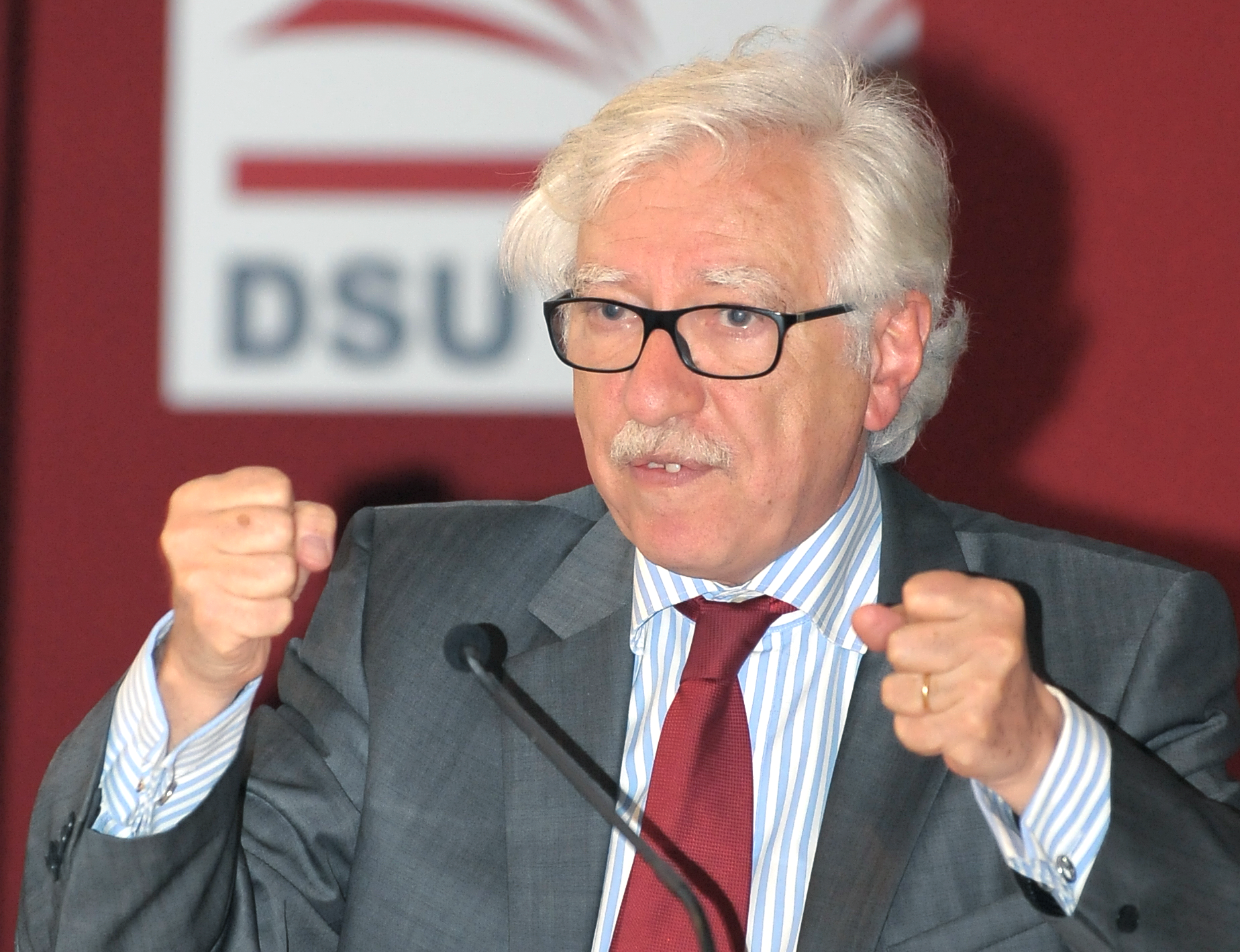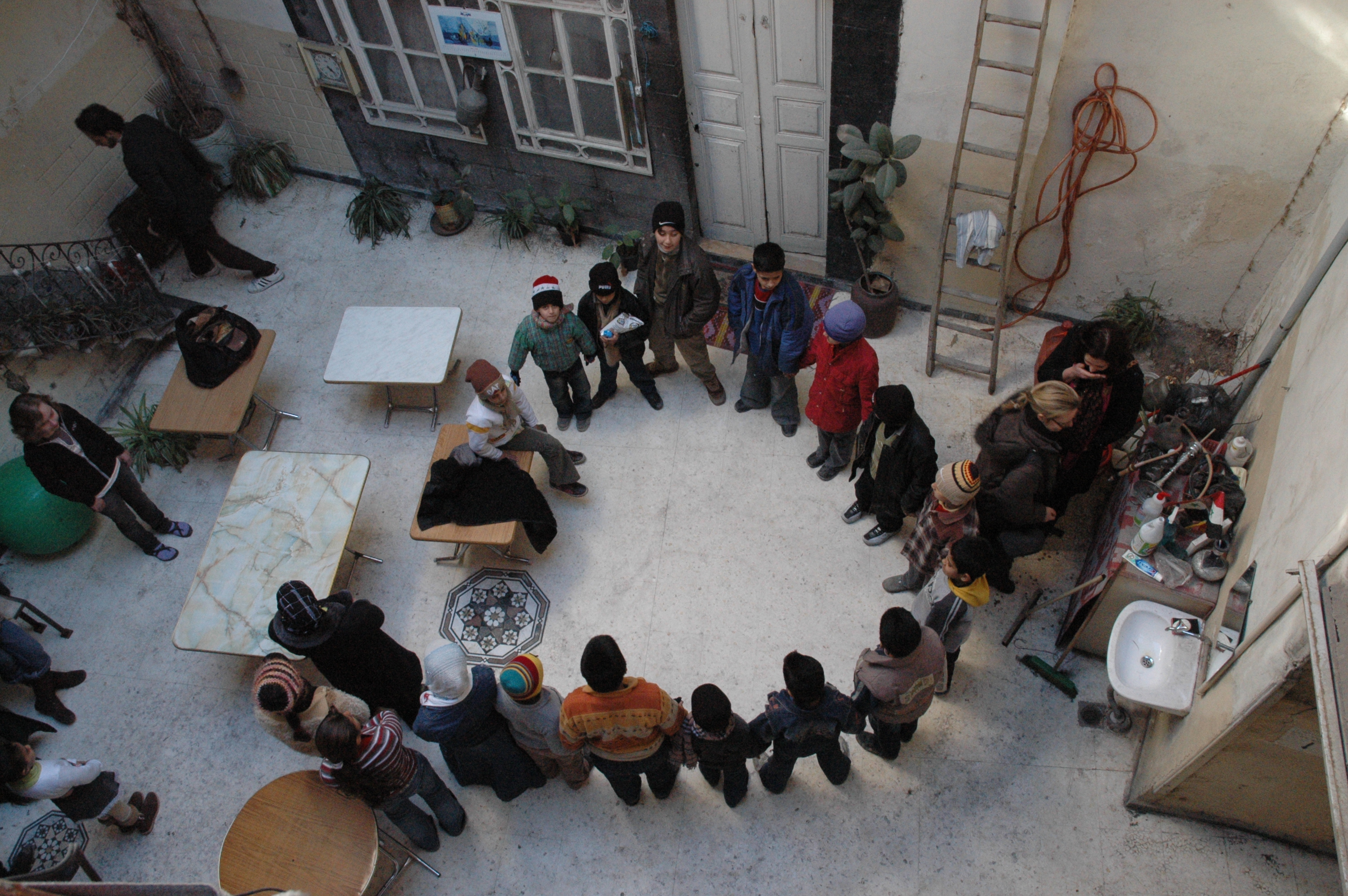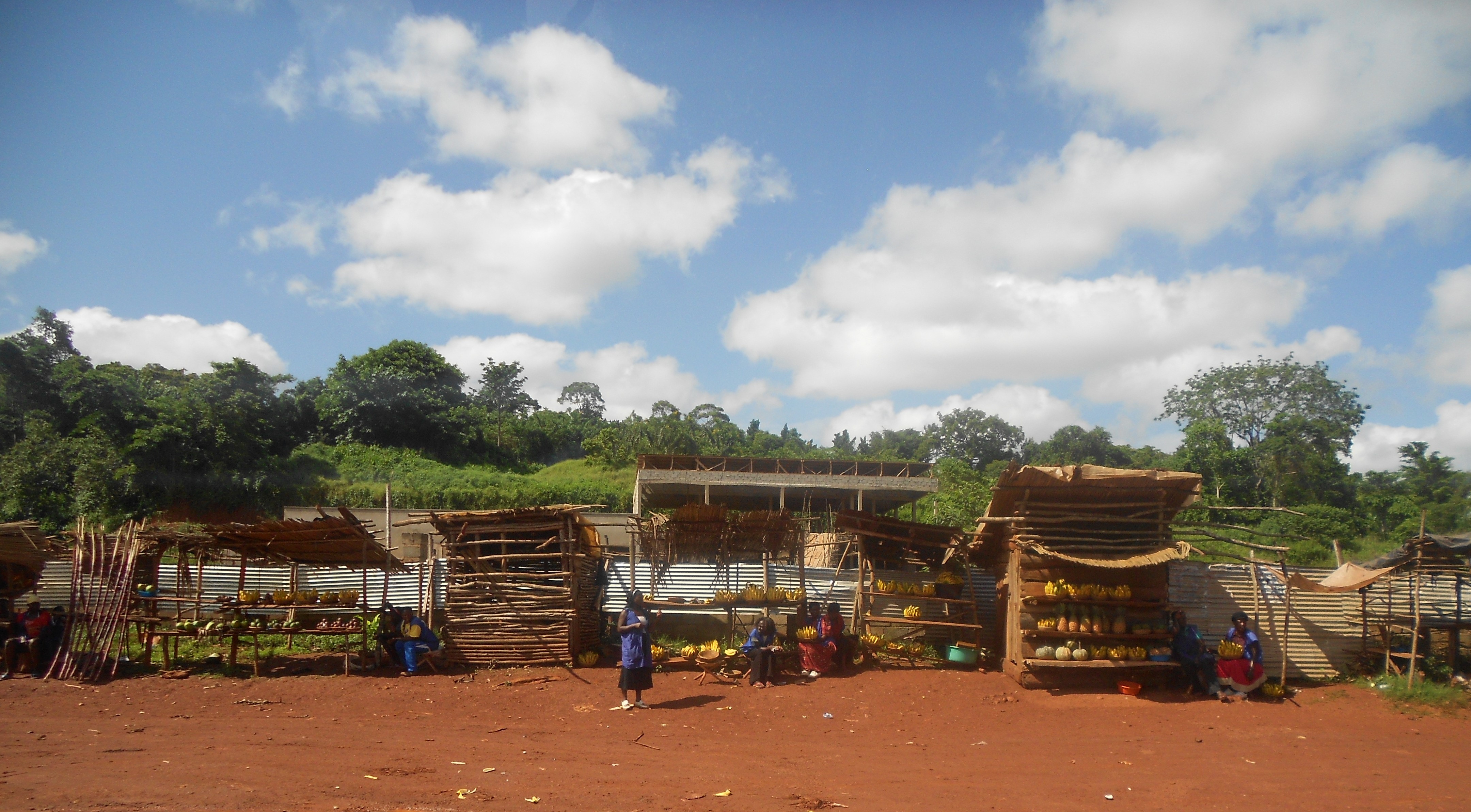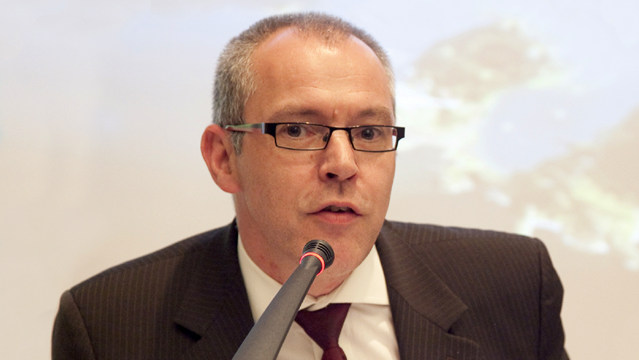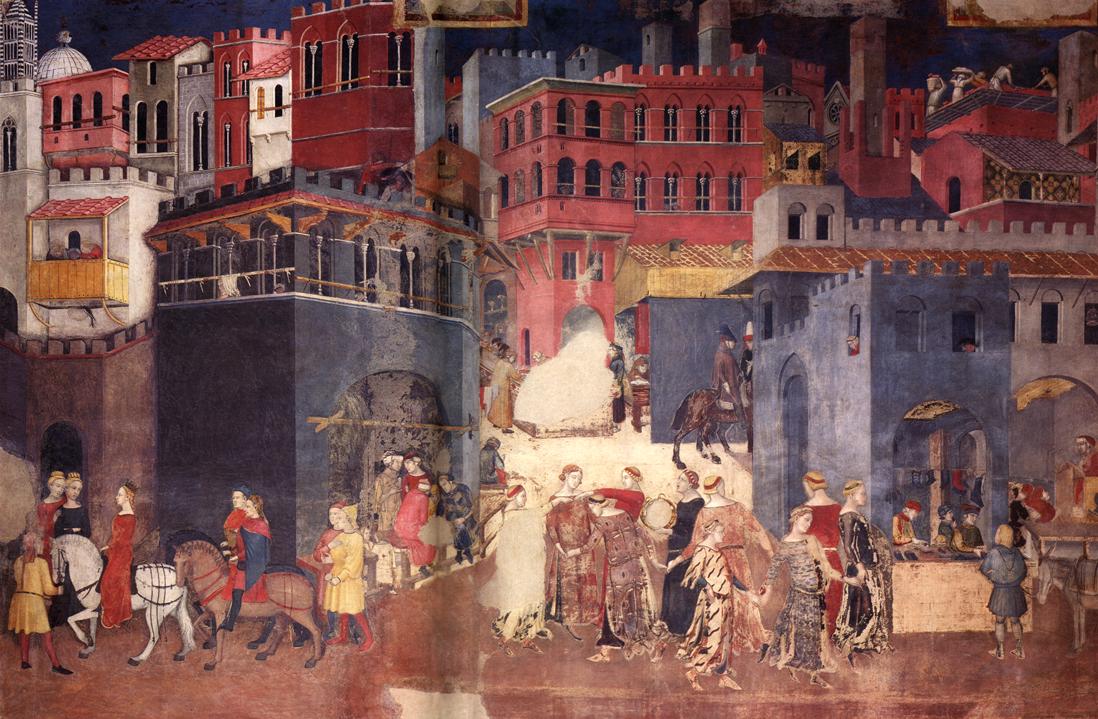Violence against women in the days of Covid

It is the theme of the webinar that I facilitate this winter, organized by Coppem (Conference for the Partnership of Local Authorities of the Mediterranean), with the support of the CEMR, the Italian Coordination of the European Women's Lobby and the Federation of Arab Women Leaders.
According to a European Parliament study on the impact of the Covid-19 pandemic on women, the lockdown has worsened the situation of gender-based violence, especially domestic violence; often in a tragic way, with no possibility of escape for the victim. The data on violence against women in the European Union were already alarming:< /p>
- One in three women has experienced physical and/or sexual violence since the age of 15;
- About 50 women are killed in a gender-based violence case every week
- For 74% of European citizens, violence against women is a widespread phenomenon in their own country.
Covid has worsened the situation, but as mentioned by my colleague in charge of the sector at the CEMR, Jaimie Just, if it was already difficult to collect data because women often do not report the violence suffered, the situation has been made more difficult in this period, when families found themselves living locked up within four walls, with the problems of always, more those caused by the pandemic. According to Istat (Italian Statistical Institute), calls to the urgency number in Italy were 73% more than in the same period of the previous year.
Having spent the lockdown period in Italy, I was shocked by the number of feminicides, reported daily by the news, with ferocious and terrible methods, often for reasons of jealousy and / or need for domination and possession by the partner, husband or boyfriend, not reshuffling the involvement (most often tragic) of sons and daughters of all ages.
As the Secretary General of Coppem, Francesco Sammaritano, pointed out, "a man who seeks his power over women humiliates mankind". Yet women, who accounted for 70% of the carers during the dark period of the pandemic, are paying more than ever for the consequences of confinement on family and human relationships in general.
We are starting to talk more about the subject than before, but much more needs to be done. Awareness-raising campaigns, for example, are certainly not enough and many issues need to be addressed.

It is necessary for sure to appeal to women to report more, but it is also a priority to pursue a cultural battle over women's right to equality, which must involve everyone, women and men.
The Council of Europe's Istanbul Convention on preventing and combating violence against women (born in 2011) is the first legally binding international instrument establishing a comprehensive framework of measures to prevent violence, support victims and punish perpetrators. The Convention aims to make gender-based violence intolerable and to make women's lives inside and outside the home safer. It urges and monitors the signatory countries to adapt their laws to the cases of crime identified by the Convention itself – not only cases of physical but also psychological and social violence. This year we are celebrating the ten years of the Convention, but several Member States of the European Union have not yet ratified it - Bulgaria, the Czech Republic, Hungary, Latvia, Lithuania and Slovakia. Turkey, a country which is not a member of the European Union but a member of the Council of Europe, has decided to leave. We don't comment any further.
During our meeting, our colleagues representing the Arab countries discussed the situation of gender-based violence in their region. Neila Akrimi, Director-General of the VNG International Development Centre for the Innovative Local Governance[1], analysed the situation in the Maghreb and especially in Tunisia, where the transition of recent years has made great advancements in relation to the recognition of women's rights[2]. However if according to available data 35% of women have experienced violence, no one talks about this.
This is why education and culture are crucial, anytime, anywhere. They are the basis for creating a society where men and women and every person who is considered different must have the same rights and duties. This is built from an early age, with words and examples, with the contribution of parents, the family, the school in general and society as a whole. Words and examples help create our world. All too often, women are still being blamed, just because they claim the same rights as a man. Many women today succeed in establishing themselves in the world of work, but at a high price and all too often their subordinate role is still considered normal by society.
The pandemic, a time when women have played a key role in caring for the Covid patients in hospital, in assisting the elderly at home, in looking after children, and having to reconcile their professional life with their family tasks and with the care of children staying at home and following online courses, must result as a key moment for women.
I think about wars, especially that of the First and Second World Wars, which allowed European women to gain the right to vote. Men made wars (few women are still allowed in that world today), but women who stayed at home had to take care of the family and contributed to the economy, often working in munitions factories. Let us not forget the role of women in the fight against fascism in Italy. So today: having given so much, women need to ask for the same, the right compensation and recognition of what they have done.
The pandemic has been, and still is, a difficult period; for all; women in particular, because the toll they paid is heavy in every sense.
It is time to put an end to violence against women, and to fight effectively and with the contribution and participation of all in the construction of a society that recognizes the true right to equality of all, men and women, as well as of every human being qualified as different for reasons of race, religion, sexual preferences or physical state. In Italy, the debate on the Zan bill is currently under way; a bill which should prevent and combat discrimination and violence based on sex, gender, sexual orientation, gender identity or disability. I find the quality of the debate really sad and shows a low level of sensitivity to the issue by the most part of members of the various parties, especially some of them! All this should make think on what still needs to be done! A lot of work is still necessary to change people's mentality and the culture of our society to put an end to gender-based violence.
[1] The VNG is the Association of Municipalities of the Netherlands
[2] In Tunisia some rights were recognized for women by Habib Bourghiba in 1956, after the independence: such easier access to higher education or the right to apply for divorce. In 1959, women were entitled to vote. With the jasmine revolution of 2011, which kicked off the Arab Spring, the role of women in demonstrations and what has also been called a revolution has often been highlighted. The 2014 Constitution recognizes the right of equality between women and men before the law. In 2017, Parliament unanimously passed the Law against Violence on Women.




 All news
All news
